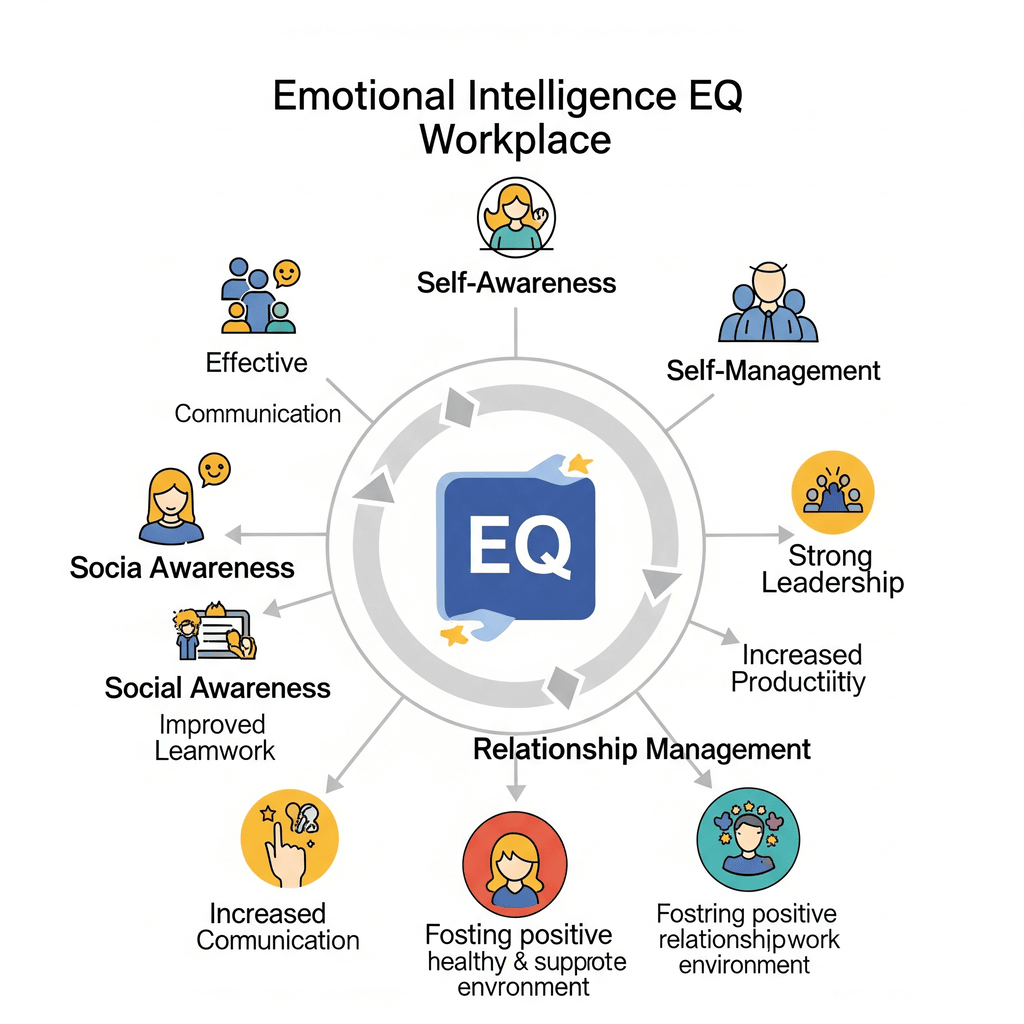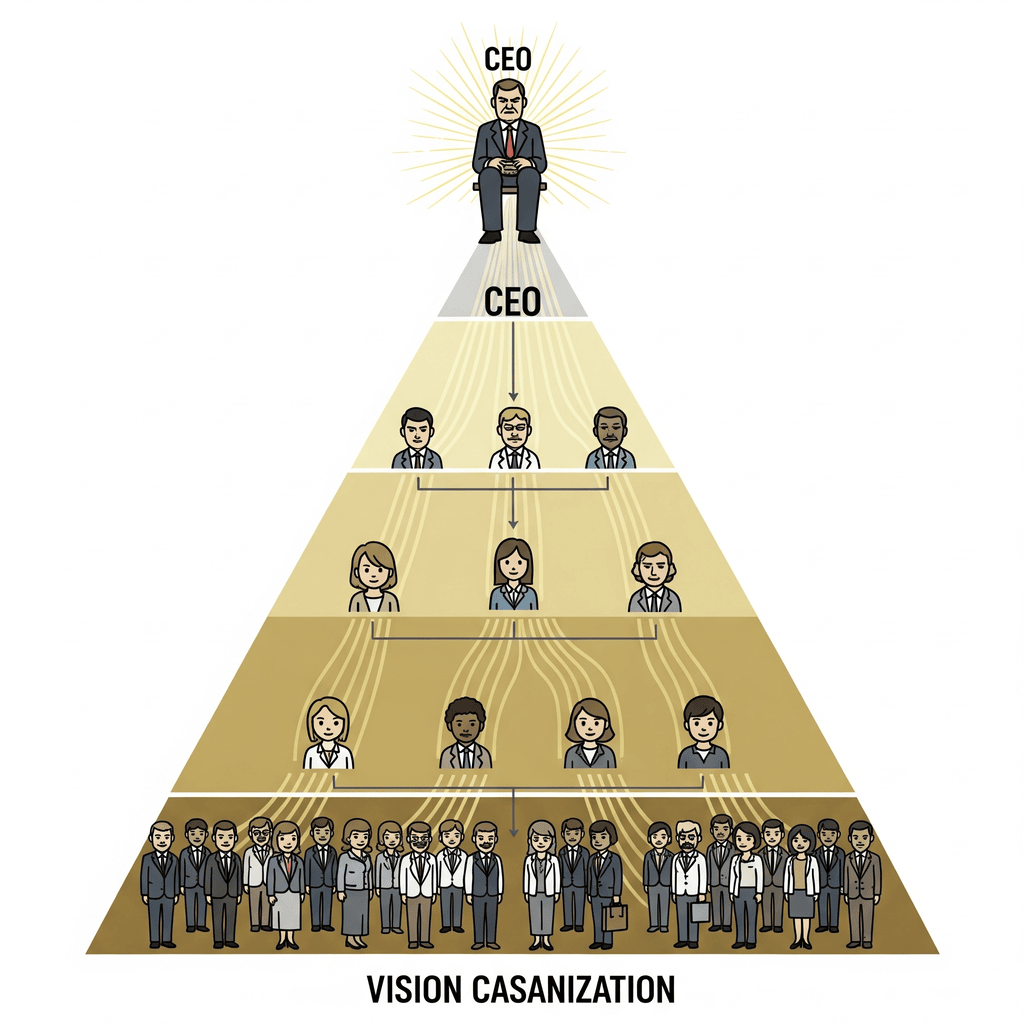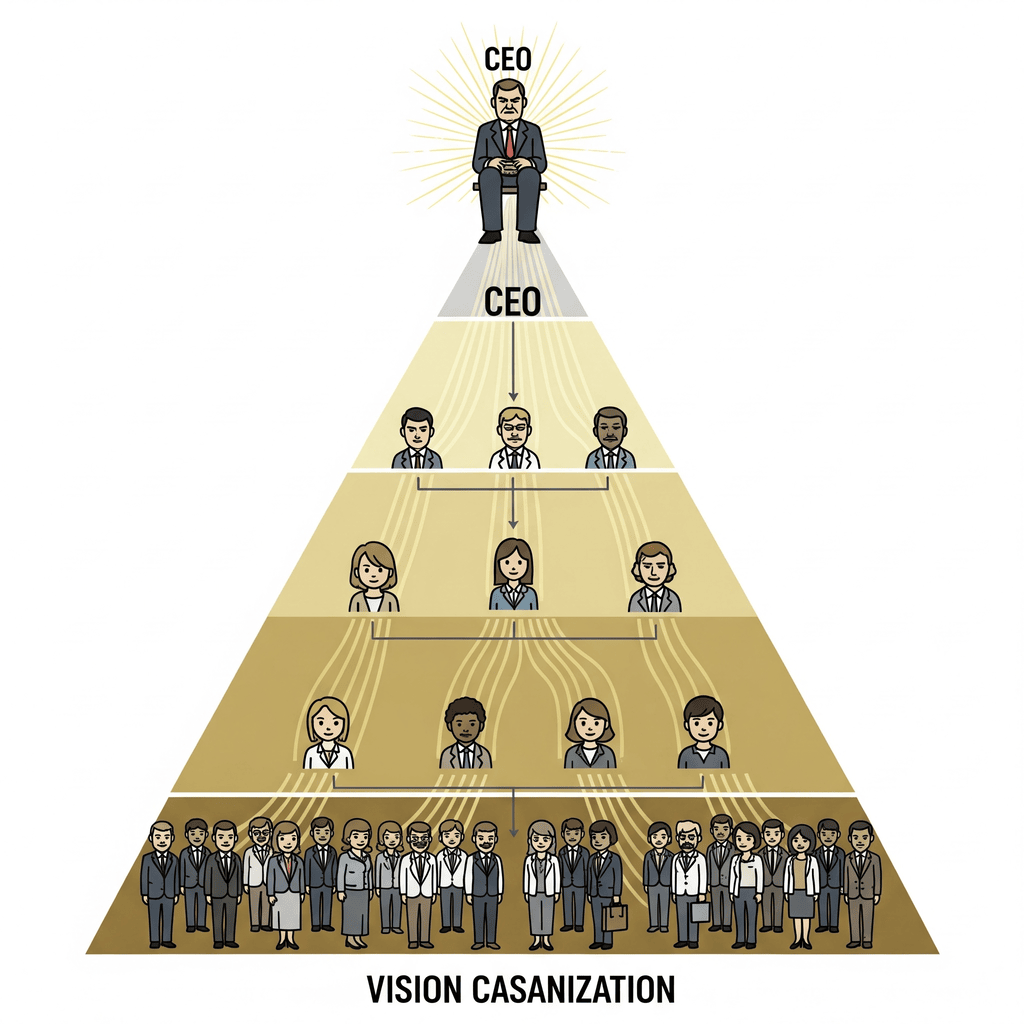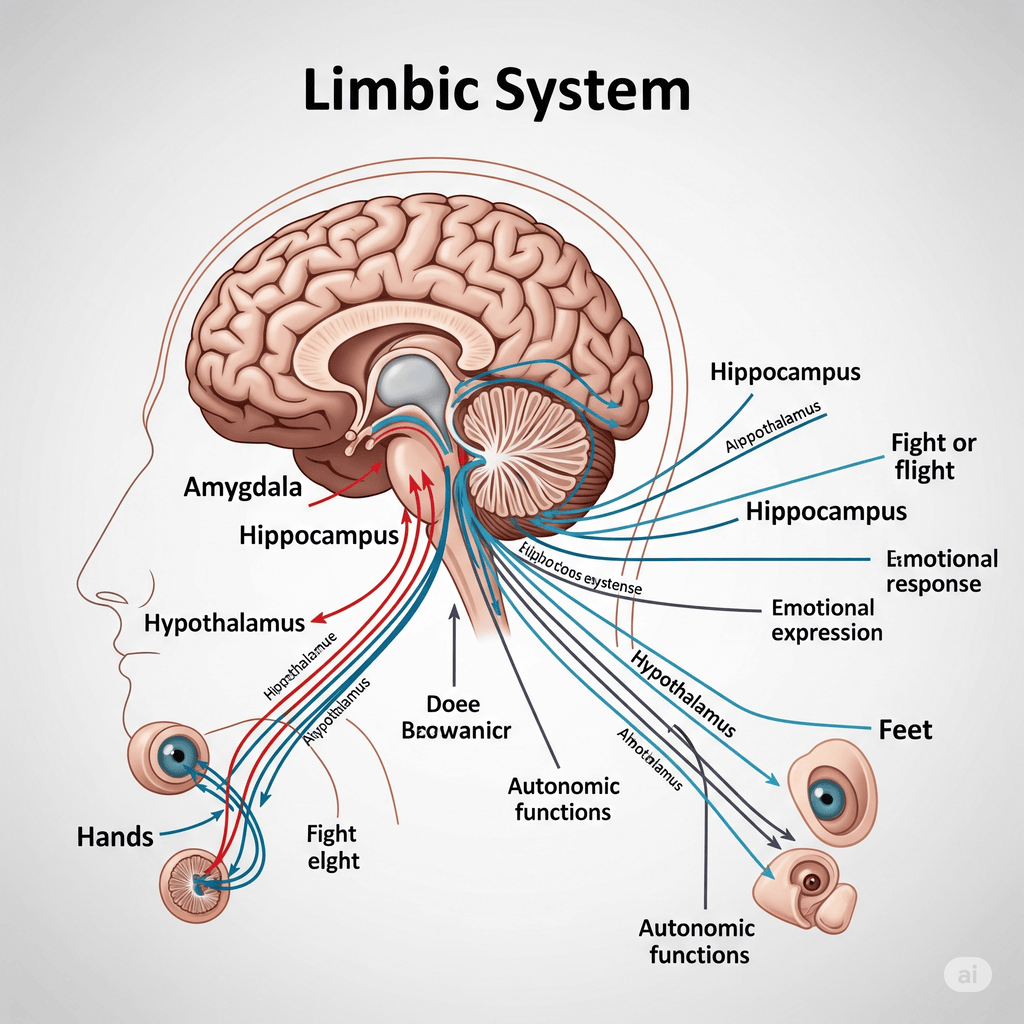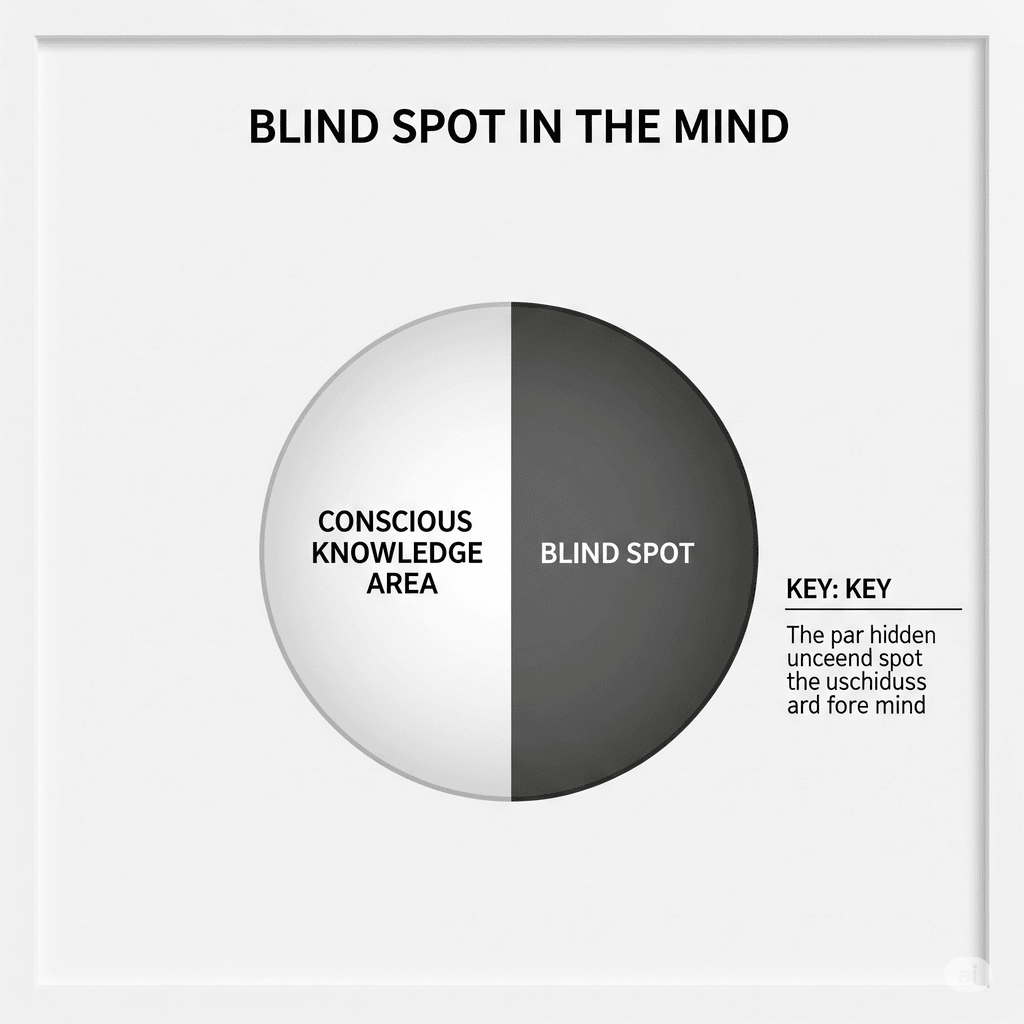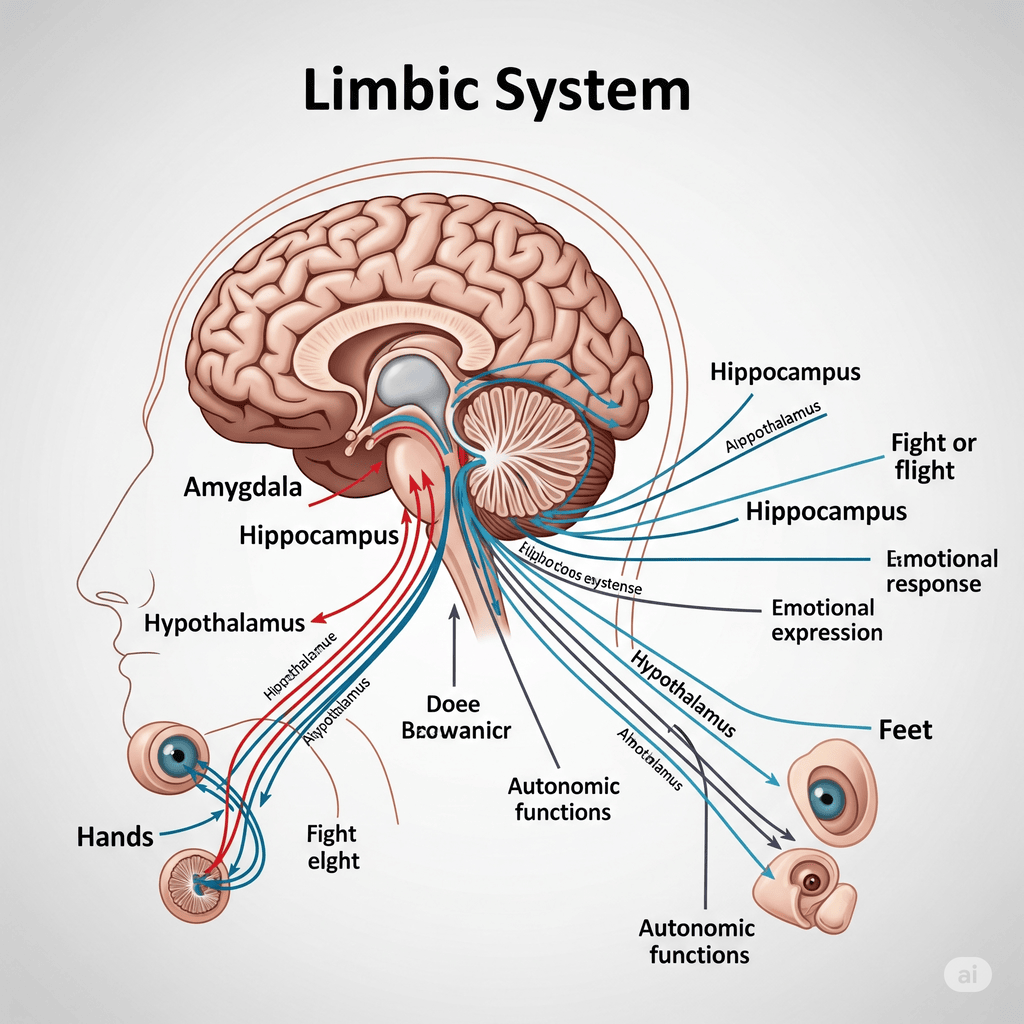Pendahuluan: Di Balik Kejayaan, Ada Musuh Dalam Selimut
Sejarah penuh dengan kisah kegagalan para genius, pemimpin, hingga seniman cemerlang. Mengapa mereka, meski dipenuhi bakat dan ide gemilang, justru terjebak dalam lingkaran kegagalan atau mediokritas? Jawabannya seringkali berbisik pelan namun menggigit: ego.
Buku “Ego Is the Enemy” membedah akar terdalam dari musuh tersembunyi ini. Melalui narasi tajam dan contoh nyata, buku ini menawarkan serangkaian pencerahan akan ego, bukan sekadar dalam konteks psikologi, tetapi sebagai “pembajak” tak terlihat yang bisa menyerang siapa saja—kapan saja.
Artikel ini menyajikan beberapa permata konsep dari buku yang sudah, dan akan selalu, relevan untuk siapa pun yang ingin meraih puncak yang otentik dan berkelanjutan. Ini adalah peta awal. Namun, jalan menuju perubahan nyata menunggu di bagian yang lebih dalam.

1. Ide dan Kerja: Kenapa Gagasan Tinggal Gagasan?
Banyak dari kita, seperti Edgar Degas si pelukis kawakan, merasa penuh ide—bahkan kadang meledak-ledak akan inspirasi. Namun, inspirasi tanpa eksekusi tak berdaya membawa perubahan nyata. Percakapan terkenal antara Degas dan penyair Mallarmé merangkum semuanya: “Saya tak mampu menulis seperti yang saya mau, padahal kepala saya penuh ide,” kata Degas meratap. Jawab Mallarmé lembut tapi menusuk, “Bukan dengan ide seseorang membuat puisi, Degas. Tapi dengan kata-kata.”
Sama seperti puisi, keberhasilan dalam hidup hanya dicapai lewat kerja, bukan niat semata. Peter Drucker, sang maestro manajemen, menegaskan, “Rencana terbaik adalah niat baik, kecuali ia menjelma dalam kerja.” Kesulitan terbesar bukanlah kekurangan inspirasi, melainkan ego yang berbisik, “Ide hebat cukup, detail nanti saja.”
Tanpa kemampuan mengubah ide menjadi aksi, pencapaian besar hanyalah mimpi kosong. Kerangka kerja untuk konsisten menerjemahkan ide jadi hasil konkret, lengkap dengan teknik pengatur disiplin harian, dibedah secara spesifik di dalam buku ini…
2. “Canvas Strategy”: Si Pengendali Arah yang Tak Disadari
Kebanyakan orang, didorong ego, ingin menjadi pusat panggung—mengatur segalanya, diketahui semua orang, segera mendapat pengakuan. Namun, sebuah strategi diam-diam justru menawarkan jalur berbeda: menjadi “si pengatur kanvas” yang membentuk arah, tanpa harus ada di sorotan utama.
Strategi kanvas (“Canvas Strategy”) mengajarkan kita untuk membersihkan jalan bagi orang lain dan berkontribusi tanpa pamrih di awal perjalanan. Anehnya, saat Anda melakukannya, justru Andalah yang membentuk masa depan. Seperti kanvas membingkai lukisan, Andalah yang menentukan coraknya.
Strategi ini tidak mengenal batas usia, jabatan, atau bahkan lama pengalaman. Mulai dari sebelum berkarier hingga ketika memimpin organisasi, siapa pun bisa memulai. Yang membedakan adalah kemampuan menahan ego—retrain yourself—dan konsisten berfokus pada kontribusi, bukan pujian.
Teknik lengkap untuk mempraktikkan Canvas Strategy secara sistematis, termasuk cara membangun reputasi otentik tanpa terlihat “menjilat” atau mengorbankan diri, dibedah dalam beberapa bab khusus buku ini…

3. Menahan Ilusi dan Menerima Realitas
Lebih mudah membangun ilusi kejayaan daripada menerima realitas keras kegagalan atau kekurangan. Ego kerap menjerumuskan kita ke dalam narasi “aku sudah tahu,” atau “aku pasti bisa,” bahkan ketika fakta berkata sebaliknya.
Namun, seperti digambarkan dalam kisah John DeLorean, terlalu lama terbuai ambisi tanpa dasar serta mengabaikan sinyal kegagalan justru membawanya pada kehancuran total. Sebenarnya, jatuh bukanlah akhir. Buku ini menegaskan, satu-satunya cara untuk menghargai kemajuan diri adalah dengan berdiri di tepi lubang kegagalan yang pernah kita gali, lalu belajar dan memperbaiki karakter.
Menantang ego agar rela menerima fakta, mengakui kegagalan, dan bangkit lebih tangguh adalah pelajaran fundamental yang dibedah tuntas. Namun, tiga jebakan ego paling sering yang menjerat pencapaian Anda—beserta teknik membongkarnya satu per satu—hanya diuraikan lengkap dalam rincian MentorBuku…
4. Kemauan untuk “Draw the Line”: Menyelamatkan Karakter
Marcus Aurelius pernah berujar, “Ia hanya bisa menghancurkan hidupmu jika ia menghancurkan karaktermu.” Dalam dunia modern yang didominasi persaingan, godaan menukar prinsip demi kemenangan semu semakin menggoda. Ego membujuk supaya menyeberang garis hanya sedikit, dan “nanti bisa kembali.”
Padahal, kekuatan sejati ada pada keberanian untuk menggambari batas. Menahan diri, berkata “cukup,” dan memilih konsistensi karakter di atas keinginan sesaat. Kemampuan ini, lebih dari sekadar disiplin, adalah seni bertahan di medan ujian terberat hidup.
Pertanyaan besarnya: Bagaimana Anda menetapkan batas yang sehat? Bagaimana mengasah ketahanan mental agar karakter tetap utuh ketika tekanan memuncak? Kerangka praktis untuk mengaplikasikan konsep “draw the line” secara komplit, termasuk studi kasus modern dan tools pengasah karakter, dipaparkan detail dalam ragam insight MentorBuku…
5. Transformasi dengan Rendah Hati: Menjadi Sosok yang Tak Tergoyahkan
Satu paradoks terbesar adalah: semakin rendah hati seseorang, semakin sulit ia dijatuhkan oleh ego. Buku ini menekankan kekuatan humility—kerendahan hati yang aktif—bukan sekadar pasrah. Dengan rendah hati, Anda membuka peluang belajar tanpa henti, menerima kritik, dan mengubah kegagalan menjadi lompatan kemajuan.
Buku ini membeberkan bagaimana para sosok sukses dunia nyaris selalu memiliki satu benang merah: keteguhan menundukkan ego, belajar di setiap perjalanan, dan tak pernah lelah memperbaiki diri. Namun, teknik mental “humility routine” serta cara membangun kebiasaan mawas diri setiap hari—yang terbukti membedakan pemenang sejati—hanya tersedia dalam modul khusus rekomendasi MentorBuku…
Konklusi: Menjadi Tuan, Bukan Budak Ego
Mengapa ego begitu elusif, mempesona, tapi berbahaya? Karena ia menempel dalam bentuk harapan, niat baik, bahkan keyakinan diri yang berlebihan. Namun, dengan membedah pelajaran para tokoh dan mengadopsi strategi-strategi taktis dalam buku ini, Anda punya peluang menjadi pengendali hidup, bukan sekadar korban dari dorongan ego sendiri.
Apakah Anda siap menerapkan peta jalan mengalahkan ego dan menyusun ulang narasi keberhasilan hidup? Jawabannya baru dimulai di sini.
Baca juga : Parenting from the Inside Out by Daniel J Siegel
Baca juga : Why Are All the Black Kids Sitting Together in the Cafeteria? by Beverly Daniel Tatum
Baca juga : Conversations on Love by Lunn Natasha

Anda baru saja melihat fondasinya. Konsep-konsep ini hanyalah puncak gunung es dari apa yang ditawarkan buku ini. Bagaimana cara menerapkannya langkah demi langkah, menghindari jebakan umum, dan mengintegrasikannya ke dalam strategi Anda? Semua jawaban itu ada di dalam.







